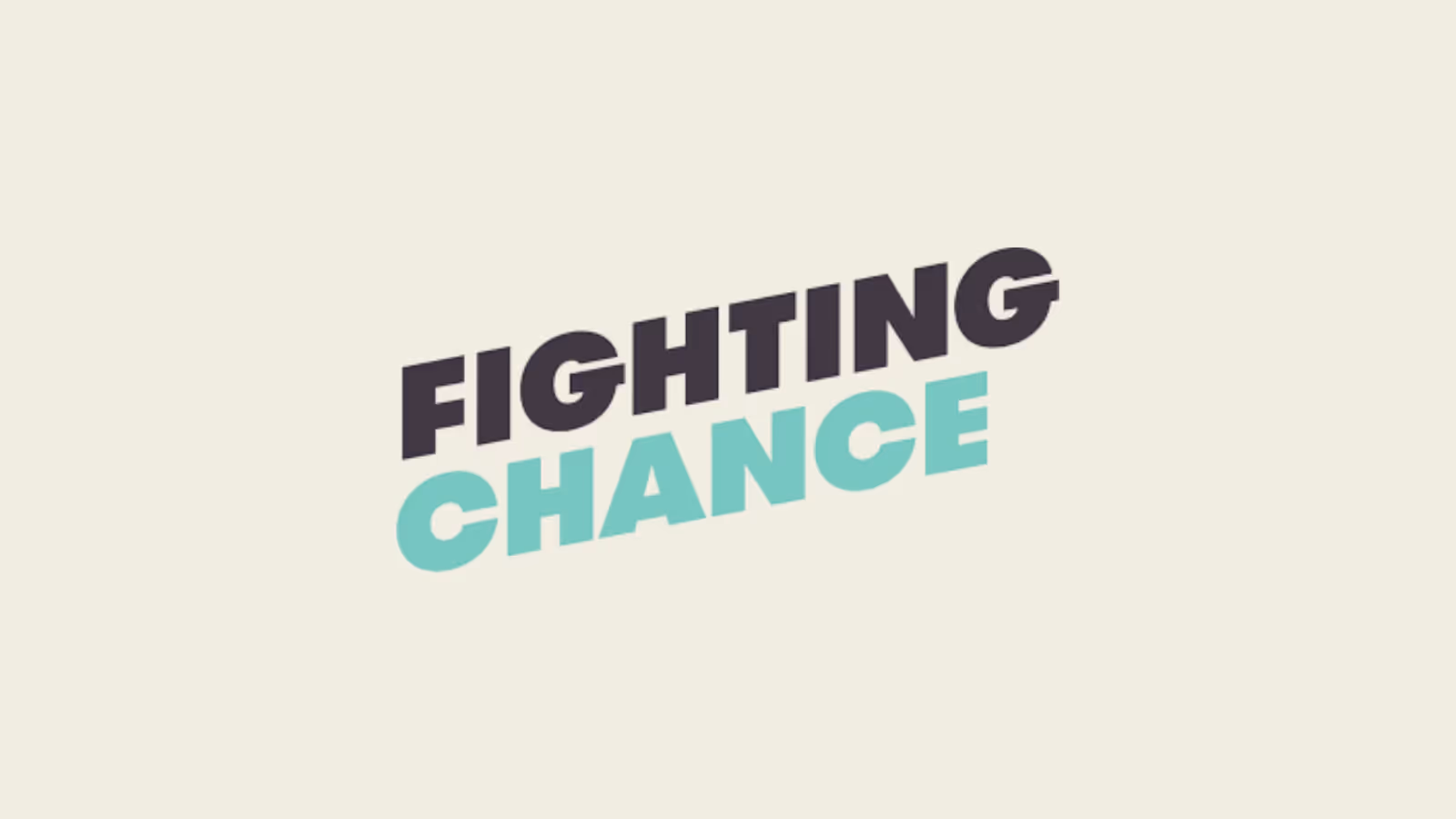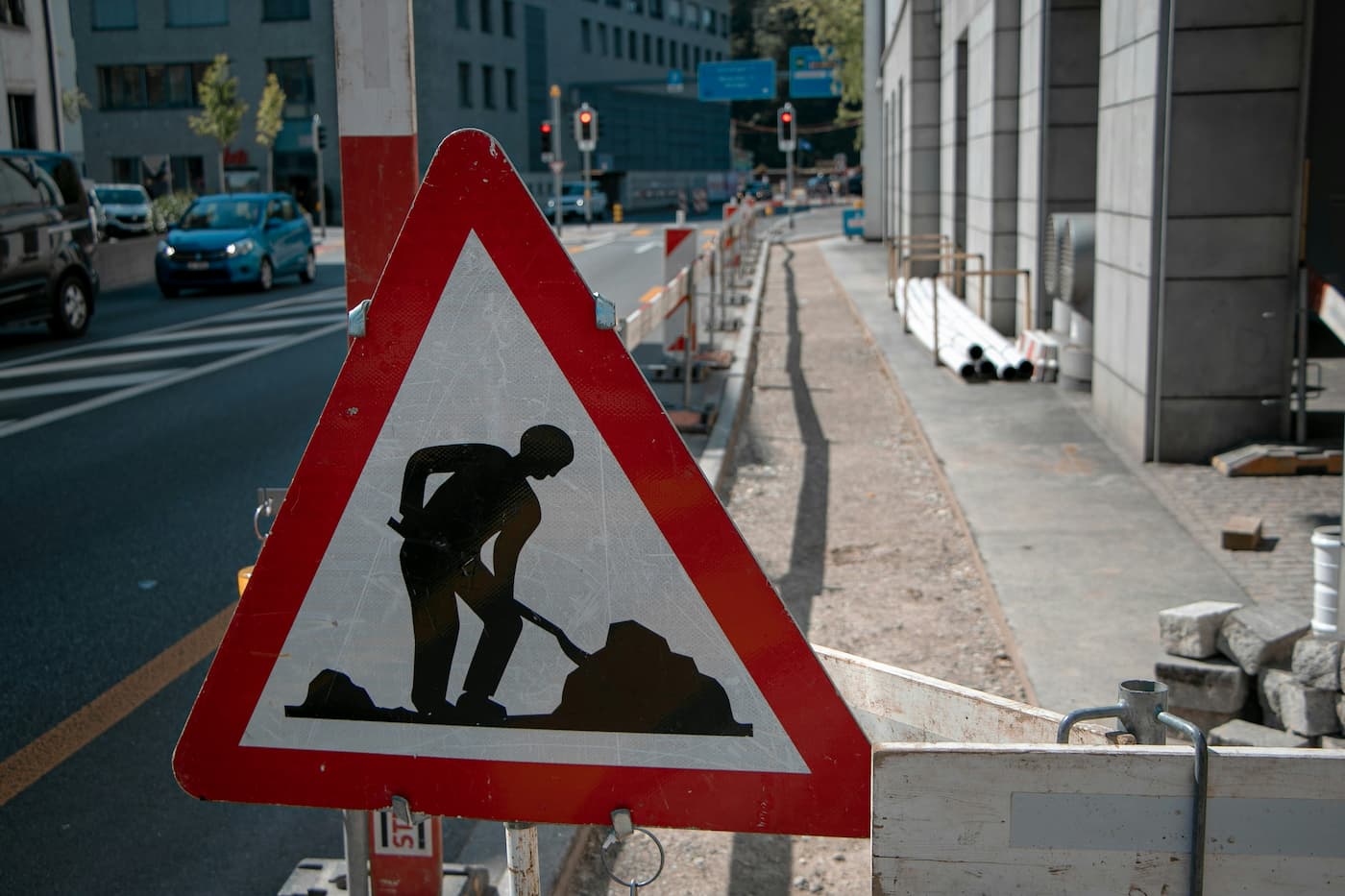Psychosocial Hazards Policy Template
Get started with compliance using Foremind’s ready-to-use psychosocial hazard policy templates.

Why this policy is important
A Psychosocial Health and Safety Policy helps businesses meet their legal duty under Australian WHS laws to manage psychosocial hazards—issues like workload stress, bullying, conflict, low support, and poor role clarity. Having this policy in place protects worker wellbeing, reduces risk, prevents harm, strengthens culture, and shows regulators that your organisation is proactively managing psychological safety.
Purpose of the policy
The purpose of this policy is to outline your organisation’s commitment to preventing psychosocial harm, establishing clear responsibilities, and setting up the systems needed to identify, assess, control, and monitor psychosocial risks. It ensures everyone understands their role in creating a safe, respectful, and mentally healthy workplace.
What’s included in the template
- Purpose, scope, and legal context
- Policy statement and organisational commitments
- Roles and responsibilities (management, supervisors, workers, HR)
- Key psychosocial safety principles
- Psychosocial hazard domains
- Implementation and risk management framework
- Training and competency requirements
- Consultation and communication processes
- Incident reporting and investigation procedures
- Worker support and EAP information
- Monitoring, review, and compliance measures
- Related policies
- Customisation checklist
How to use this template
- Download the template as a PDF or editable document.
- Insert your company-specific details—including names, dates, contact information, reporting methods, and related policies.
- Review each section and adjust wording to suit your organisational structure, processes, and WHS systems.
- Seek internal approval from senior leadership.
- Share the completed policy with your workforce and integrate it into your WHS documentation, training, and processes.

Hello 👋 I’m Joel the founder of Foremind.
Are you ready for simplified support & compliance?
Latest insights
Answers to the frequently asked questions.
Still have questions?
Email us at enquiries@foremind.com.au and we'll get back to you quickly with a response
Yes, we have culturally competent counsellors available, including those able to work with first nation and CALD employees.
Onshore on secure AWS Servers in Sydney Australia. All data is encrypted in transit and at rest and our entire team is located in Australia.
Employees can access our platform on any device (mobile, laptop, desktop, etc.) as long you have the website link - no need to download any app on devices. You wouldn’t need to enrol any of your staff individually.- When we do our onboarding, we ask for the first name, last name and email of all your employees, and send out an email invite to all them which will allow them to create their own individual account to access the platform. For new staff we can also invite them or provide you with a unique link to embed in your onboarding process, whichever is more convenient for you. We also kick things off with a launch webinar or video to make sure everyone is aware of Foremind and how to use it. We’ll also provide you with any collateral such as posters, QR codes, brochures etc. to help drive awareness and encourage people to create an account in the platform.
The support line is answered by our reception service 24/7. It is for urgent platform or session-related issues only (e.g. *“My counsellor didn’t show”*) or helping staff create an account.





